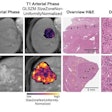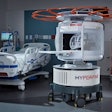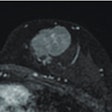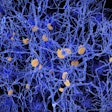Diffusion-tensor MRI (DTI-MRI) has shown that brain changes in children who have sustained mild traumatic brain injury can last for months, even after symptoms of the injury are gone, according to a study published in the December 12 issue of the Journal of Neuroscience.
Using DTI, researchers from the Mind Research Network and the University of New Mexico examined children ages 10 to 17 years old who had mild traumatic brain injury. They found structural changes in white matter approximately two weeks after the injury, and the changes were still evident more than three months later, despite the disappearance of symptoms related to the injury.
Lead author Andrew Mayer, PhD, said the findings may have important implications about when it is safe for a child to resume physical activities that could result in a second concussion, potentially further injuring an already vulnerable brain.
Mayer and colleagues conducted cognitive testing and DTI to examine the brains of 15 children within 21 days of experiencing a concussion, in addition to examining 15 healthy children for comparison. The cognitive testing and imaging were repeated at a follow-up of approximately four months.
Initial testing showed that the children with mild brain injury had subtle cognitive deficits and changes in white matter compared to the healthy counterparts. While the children did not report symptoms of the injury during the follow-up visit, DTI revealed that the structural changes to the brain were still present.
The results suggest that developmental differences in the brain or the musculoskeletal system may render pediatric patients more susceptible to injury, Mayer said.

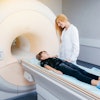
.fFmgij6Hin.png?auto=compress%2Cformat&fit=crop&h=100&q=70&w=100)


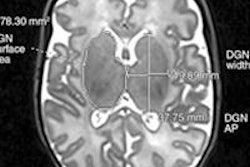
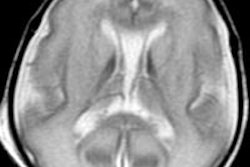

.fFmgij6Hin.png?auto=compress%2Cformat&fit=crop&h=167&q=70&w=250)


